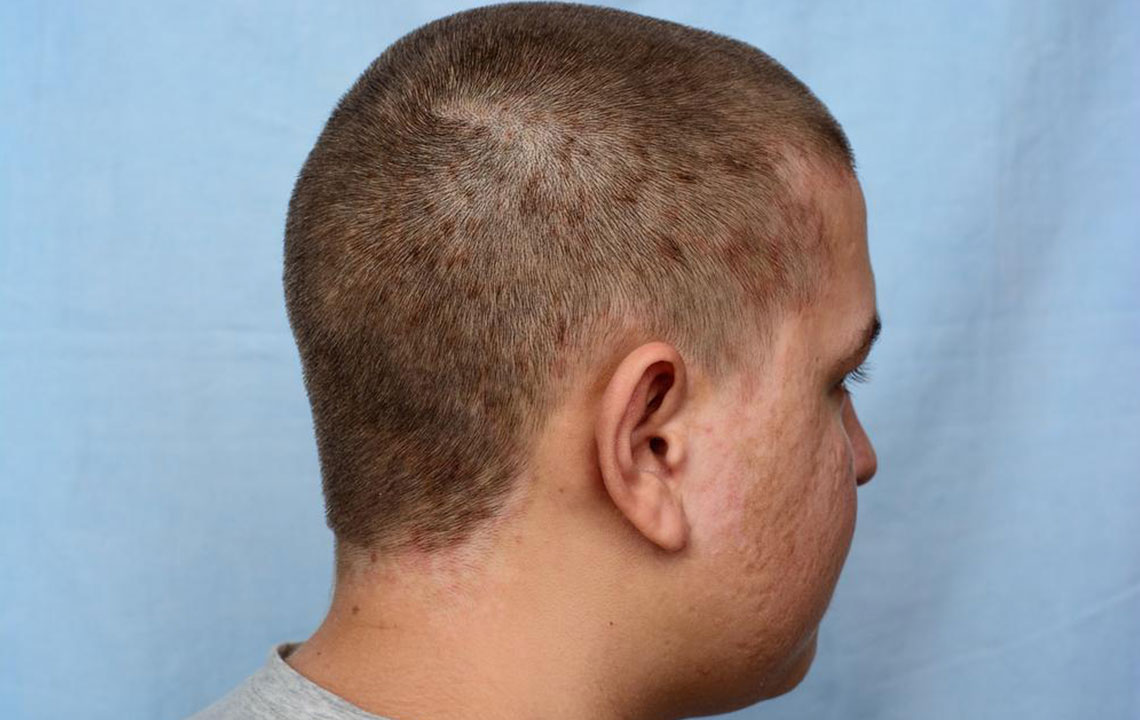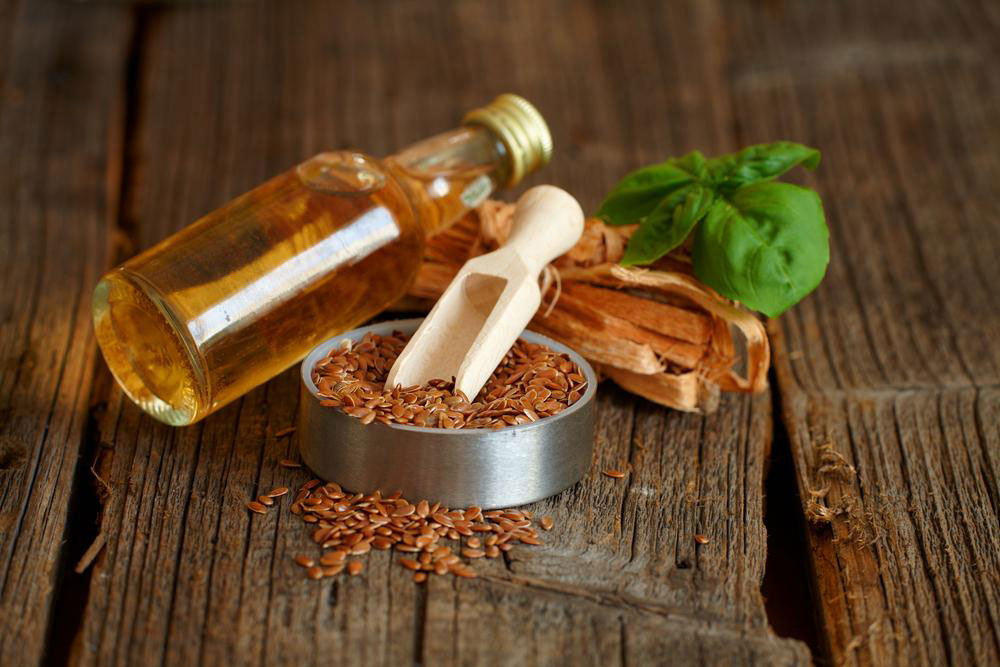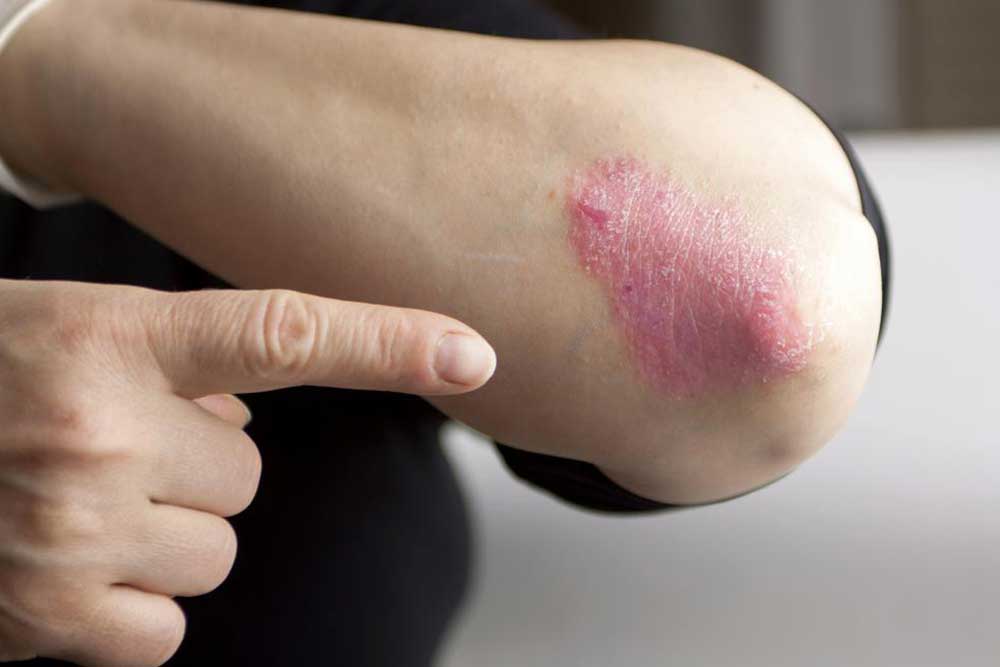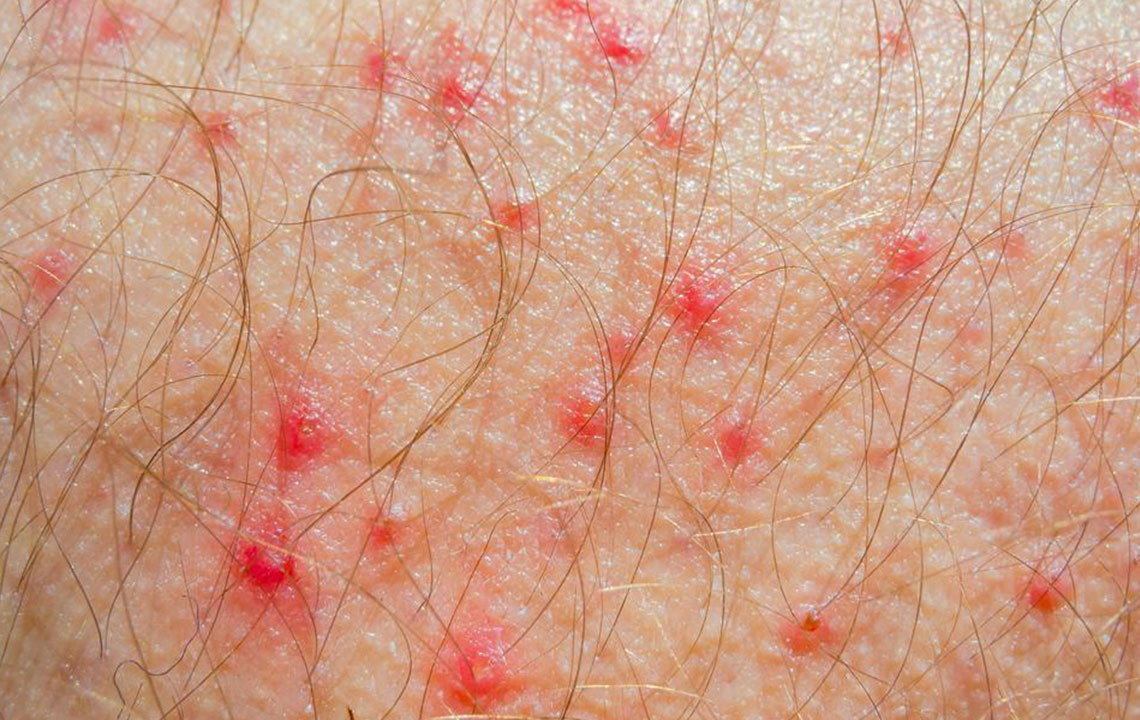Natural and Effective Strategies to Manage Atopic Dermatitis Symptoms
Discover effective natural strategies to manage atopic dermatitis, including moisturizing with coconut oil, cold compresses, antibacterial baths, and omega-3 supplements. These remedies can help reduce flare-ups, soothe irritated skin, and improve overall skin health, complement medical treatments, and enhance quality of life for sufferers of this chronic condition.

Natural and Effective Strategies to Manage Atopic Dermatitis Symptoms
Atopic dermatitis, also known as eczema, is a longstanding chronic skin condition that significantly impacts the quality of life for millions worldwide. Characterized by persistent redness, severe itching, and distinct patches on the skin, this condition often begins early in childhood and can continue into adulthood. People suffering from atopic dermatitis usually have very sensitive skin that reacts rapidly and intensely to various external and internal triggers, leading to symptoms such as dryness, peeling, inflammation, cracking, and sometimes blister formation.
This disorder is primarily associated with allergic reactions, commonly linked to airborne allergens, asthma, and other allergic conditions. It has a hereditary component, meaning it often runs in families due to genetic predispositions. The inflammation resulting from this condition can cause skin scaling, redness, and discomfort, which may worsen upon exposure to environmental factors like dust, pollen, harsh soaps, or extreme weather conditions.
Typically starting as dry, rough patches of skin, atopic dermatitis can develop into more serious episodes if untreated or unmanaged. It's important to note that this is a non-contagious condition, meaning it cannot spread from person to person through physical contact. People of all ages, races, and genders are susceptible to developing atopic dermatitis. The condition tends to have periods of flare-ups followed by times of remission, where symptoms improve significantly. Various factors can trigger or aggravate symptoms, including allergens, certain skincare products, humidity levels, stress, and genes.
Individuals with compromised immune systems or lower skin hydration levels are especially vulnerable to more severe flare-ups. Commonly affected areas include the face, neck, elbows, knees, and folds in limbs, where intense itching often leads to scratching. Prolonged scratching can worsen skin damage, leading to infections and further complications. Early intervention with appropriate medical treatment combined with natural lifestyle adjustments and remedies can help control symptoms, reduce flare-ups, and improve overall skin health.
Coconut Oil – This natural moisturizer is highly regarded for its ability to penetrate deeply into the skin, restoring moisture and forming a barrier against dryness. Applying pure, virgin coconut oil after bathing or cleansing can significantly soothe inflamed areas, reduce flakiness, and promote healing.
Cold Compress – Applying a cool, damp cloth or ice pack to affected areas can effectively decrease skin inflammation and relieve the intense itching episodes typical of flare-ups. This simple remedy provides quick relief, helping to prevent scratching and further skin damage. It’s recommended to use the cold compress for about 15 to 20 minutes at a time.
Bacterial-Reducing Baths – To decrease bacterial colonization on the skin, which can exacerbate dermatitis symptoms, adding a diluted bleach solution (half a cup of bleach in a full bath of water) can be beneficial. Bathing in this solution for about 10-15 minutes, then rinsing thoroughly and moisturizing afterward, helps prevent infections while supporting overall skin health. This approach is usually recommended once or twice a week under medical supervision.
Omega-3 Fatty Acid Supplements – Rich in anti-inflammatory properties, omega-3 fatty acids, found in fish oil supplements, support skin barrier function and reduce inflammation. Regular intake of omega-3 supplements, such as capsules or a teaspoon of high-quality fish oil daily, can help alleviate itching, improve skin hydration, and reduce the severity of eczema flares.
Integrating these natural remedies alongside medical treatments can provide a comprehensive approach to managing atopic dermatitis. By reducing symptoms, preventing flare-ups, and supporting skin recovery, these strategies contribute to a better quality of life. However, it’s critical for individuals to consult healthcare professionals to tailor treatments according to their specific condition and needs.





